Semba Doll Festival!
2024 SPRING SEMBA EXPO
Semba Doll Festival
26th Feb(Mon)~3rd March(Sun)2024
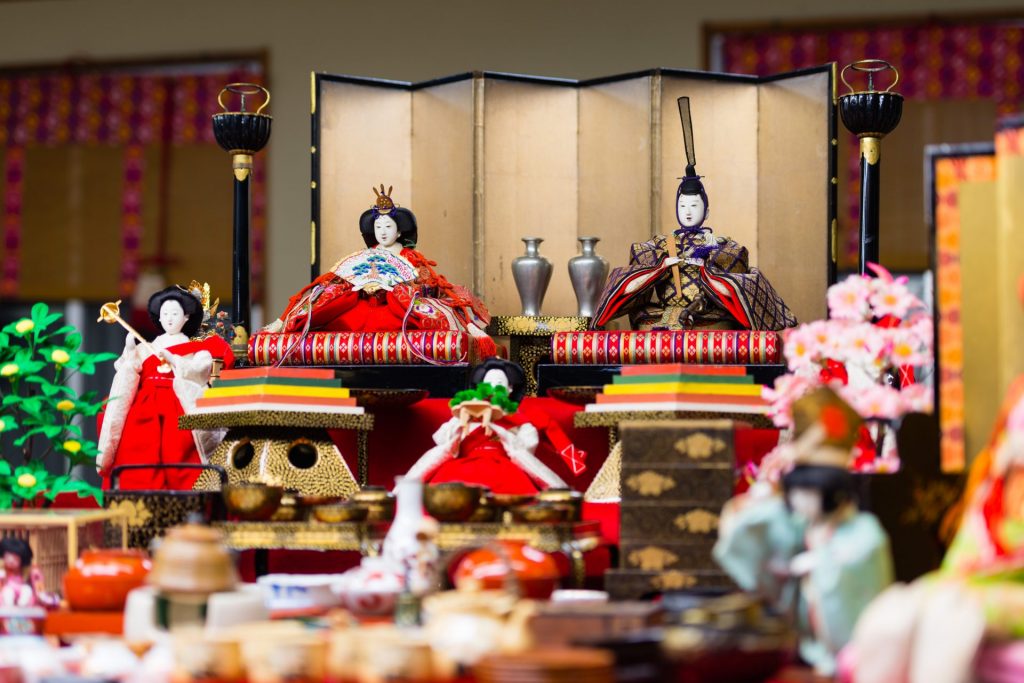
Dolls of the Shibakawa family
【What is the Doll Festival?】
Traditionally, it was believed that evil spirits were more likely to enter on sekku (seasonal milestone) days, so in the Heian period, during Joshi-no-sekku (3rd of March), a common ritual involved creating dolls from materials like paper and floating them down the river to cleanse evil spirits.
Around the same time, a way of playing with dolls called “hina-asobi” was popular among the children of nobility, and the Joshi-no-sekku and hina-asobi traditions combined to create the roots of Doll Festival as we know it today. In the Edo period, people began decorating with exquisite, extravagant dolls, and this became established in popular culture as the Doll Festival: an event to wish for young girls to grow up healthy and happy.
In the Edo period, Semba flourished as the heart of Osaka and developed a rich culture. The world war II and subsequent economic growth greatly changed its appearance, but the high culture and traditions still live on in many places throughout the city. Semba Doll Festival is an initiative to encourage people to learn about the rich history and culture of Semba, by rediscovering and showcasing the traditional dolls passed down through generations of historic families in the area, which are slowly being lost to time.
【Semba Doll Exhibition】
The discovery of the dolls of the Shibakawa family, a wealthy merchant in Semba, prompted Chishima Group, founded by the Shibakawa family to hold the exhibition of the dolls in 2014.
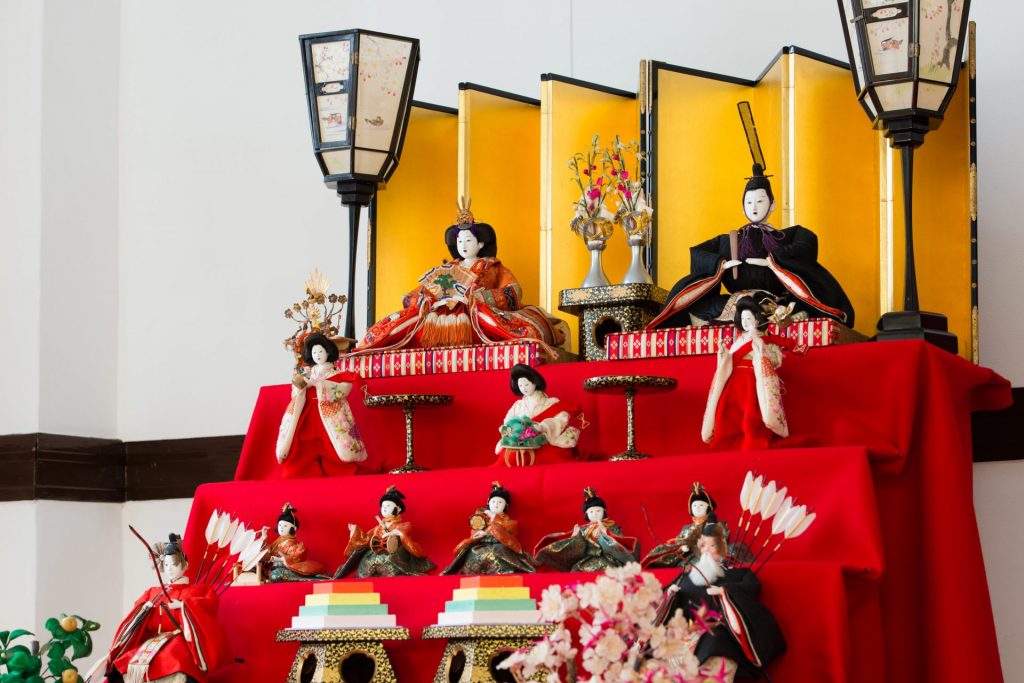
The dolls of Sumire Shibakawa(photo by Yoshiro Masuda)
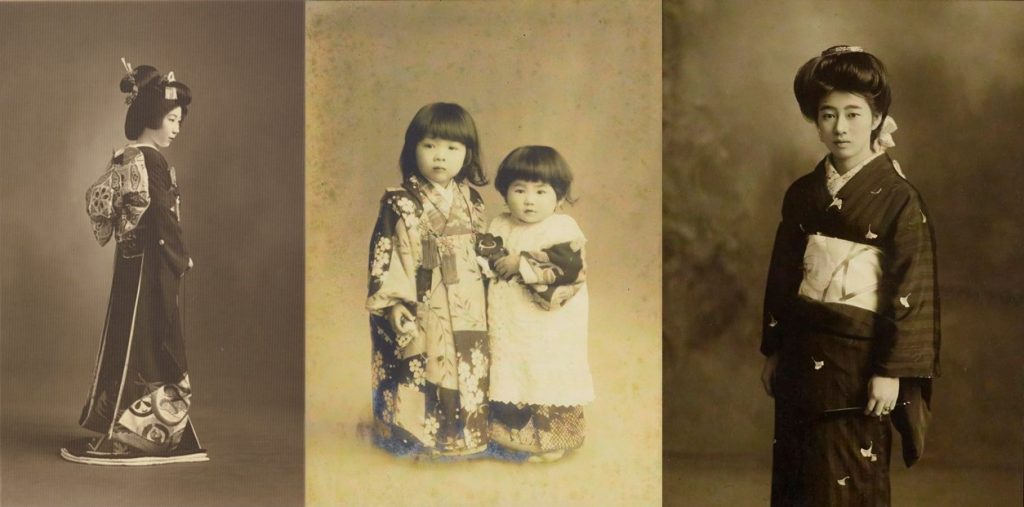
At the same time,an exhibition of photographs of “Itohan” (young lady) in kimono taken before 1945 was also held.
The exhibition was so successful, and was decided to continue the following year as the “Spring Semba Exposition Semba Doll Festival”.
Over the course of the event, dolls that had survived war damage and earthquakes and had been carefully preserved were found, and to date, dolls from 10 families have been unveiled.
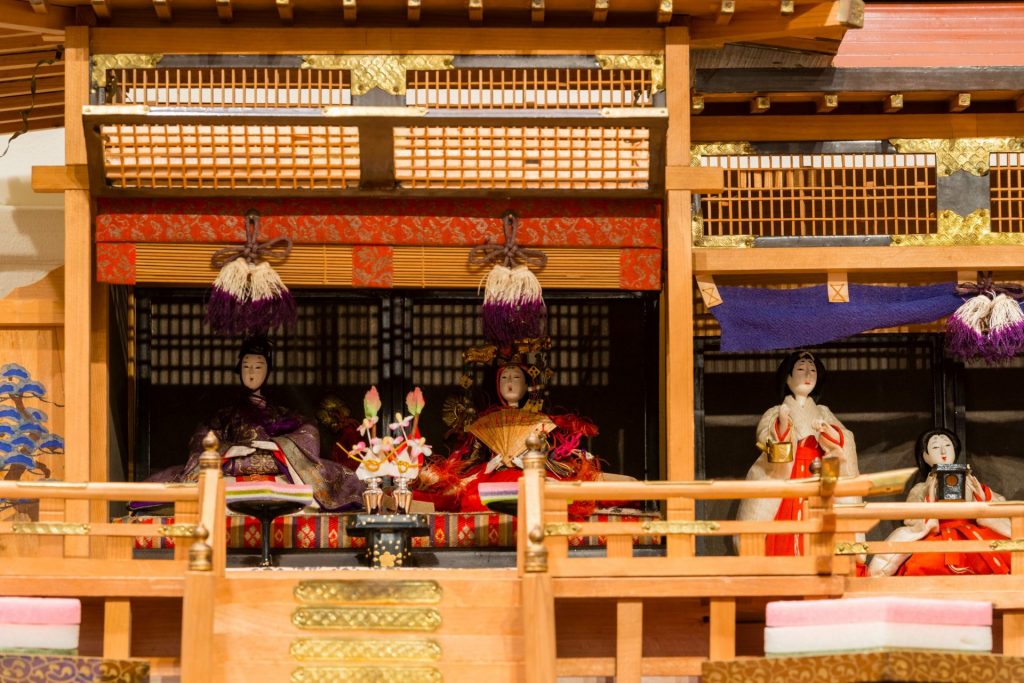
The Arai family(photo by Yoshiro Masuda)

The Bessho family(photo by Yoshiro Masuda)

The Takaoka family
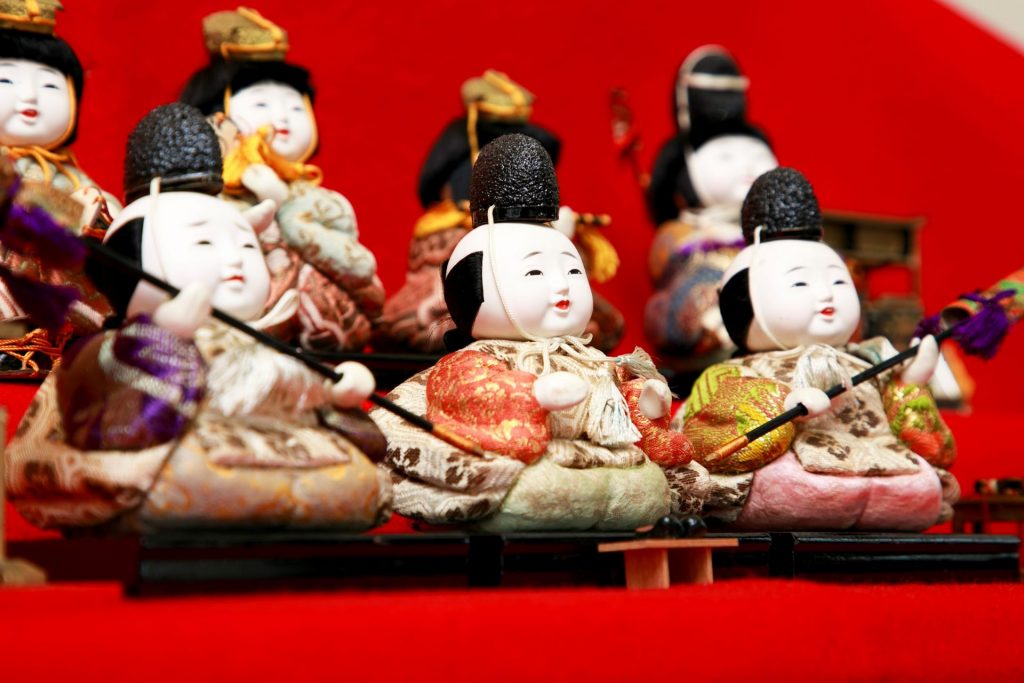
The Mihara family
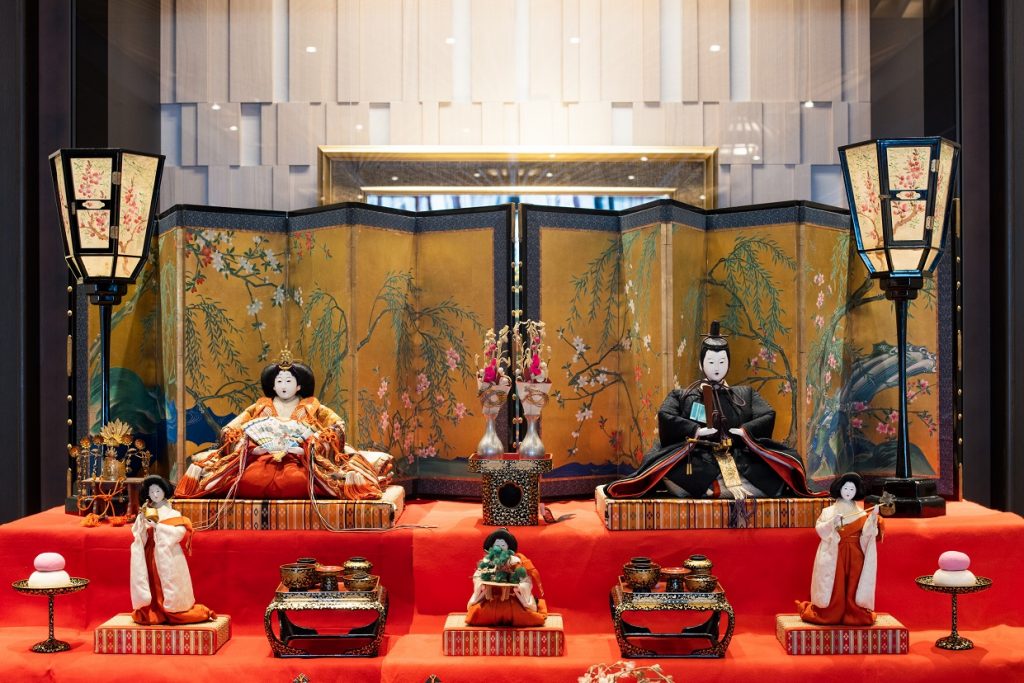
The Toyoda family(photo by Kiyoshi Nishioka)
“Semba Doll Festival” also offers visitors the opportunity to experience traditional Japanese culture through tea ceremonies and Noh performances.
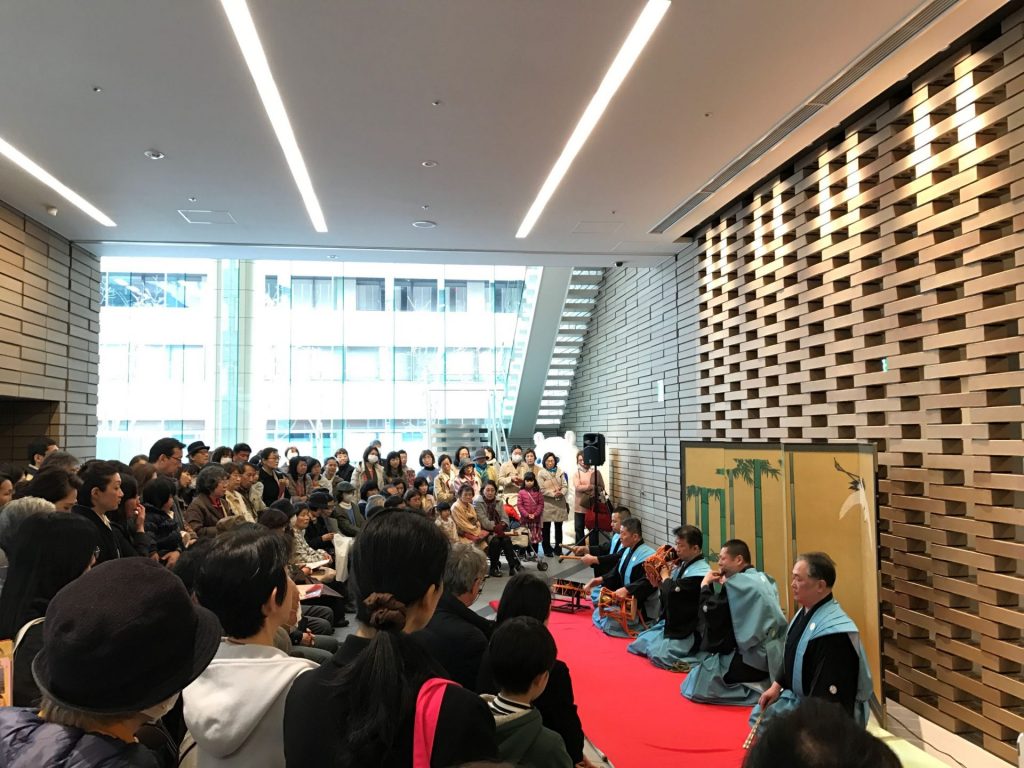
Live performance of “gonin-bayashi”(five noh musicians) by Yamamoto Noh theater


Tea Ceremony in a Cultural Property Building

Workshop to enjoy painting on clams
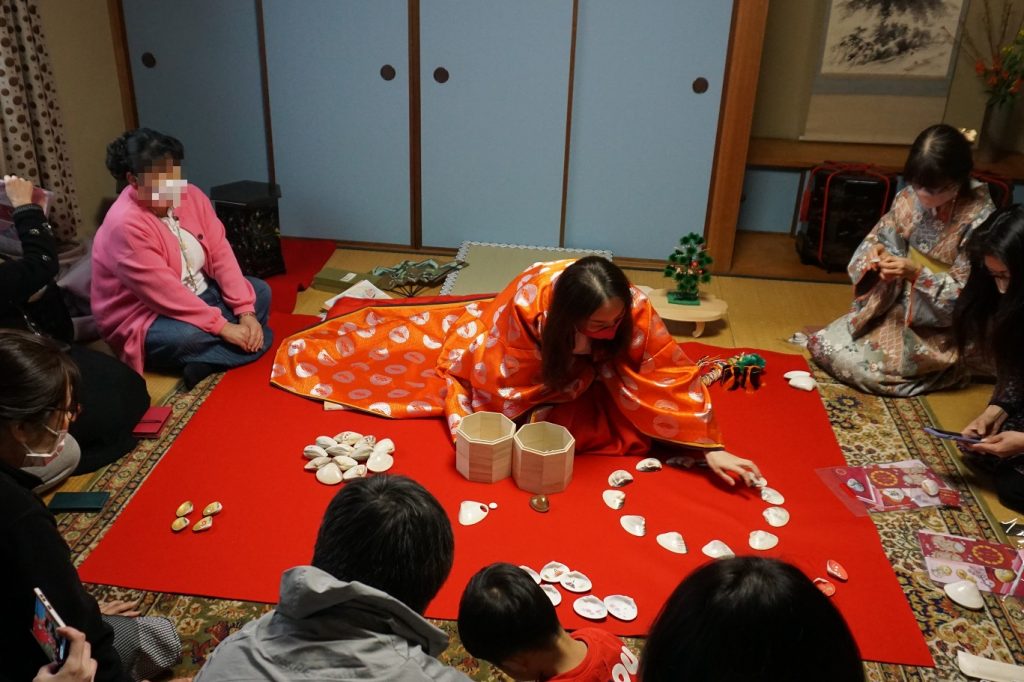
Experience the traditional game of observing the beauty of clams

Workshop for making Mizuhiki, a traditional decoration
During the event, you can also enjoy seasonal hospitality from shops have a long history in Semba.

Participating shops in 2023
・Kagairo Kitahamahonten
・Kikujyudo Yoshinobu
・Kansou Yodoyabashihonten
・Koraibashi Kitcho
・TIKAL by BROADHURST’S
・GOKAN Kitahamahonkan
・Honke Shibato
・Mimiu
・Yoshino Sushi
The next event is scheduled to be held for seven days from February 26 (Mon) to March 3 (Sun) 2024.
Please enjoy a different Osaka from the usual tourist attractions at “Senba Doll Festival”!
| 2024年02月26日(月) 〜 03月03日(日) |
| 船場博覧会実行委員会 |








